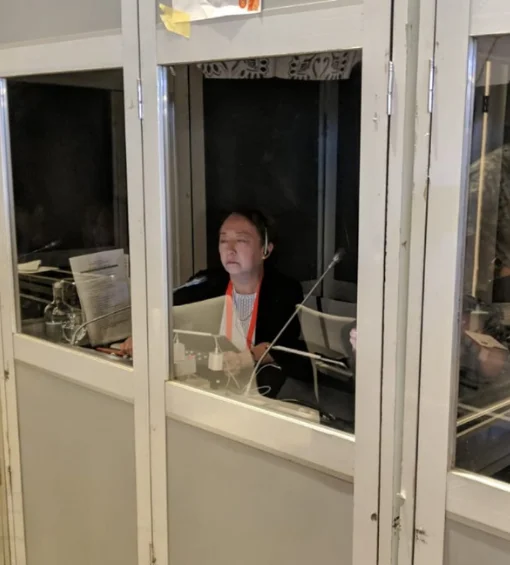
BENEFITS OF INTERPRETERS
Telugu interpreters are individuals who have the linguistic skills and expertise to facilitate communication between speakers of Telugu and speakers of other languages.
They possess a high level of proficiency in both Telugu and at least one other language, such as English or another regional or international language.